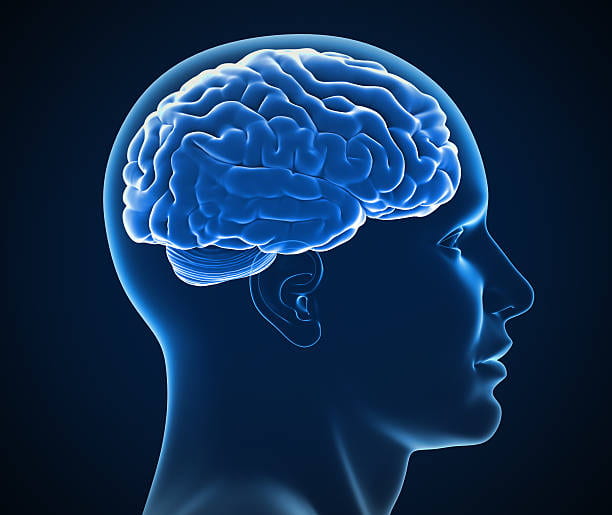
A message for parents:
Quite often as boys approach Year 9 they become very different creatures from the person their parents knew from Year 7 and 8. They don’t think about the consequences of their words or actions, they often experience much stronger emotions, they take risks and make impulsive decisions.
The good news is that there is a biological explanation. The bad news is that they probably won’t change back to the boy you knew last year until some time in Year 10!
Why the change?
- The adolescent brain goes through a period of significant change and growth.
- The prefrontal cortex, responsible for decision making, is the last part of the brain to be remodelled.
- As a result teenagers have a greater reliance on the amygdala to make decisions. The amygdala is associated with emotions, impulses, aggression and instinctive behaviour.
The result is that teenagers are more likely to:
- act on impulse
- misread or misinterpret social cues and emotions
- get into accidents of all kinds
- get involved in fights
- engage in dangerous or risky behavior
Teenagers are less likely to:
- think before they act
- pause to consider the potential consequences of their actions
- modify their dangerous or inappropriate behaviors
Below is a video (14 minutes) which explains this in some more detail.
Sources and more information: http://raisingchildren.net.au/articles/brain_development_teenagers.html/context/1152#risk https://www.aacap.org/AACAP/Families_and_Youth/Facts_for_Families/Facts_for_Families_Pages/The_Teen_Brain_Behavior_Problem_Solving_and_Decision_Making_95.aspx https://www.aacap.org/aacap/families_and_youth/facts_for_families/FFF-Guide/The-Teen-Brain-Behavior-Problem-Solving-and-Decision-Making-095.aspx
